How To Pick The Best Type of Sunscreen: 8 Important Factors
Sunscreen should be the one skincare product that you always have on hand. But what is the best type of sunscreen you should get?
Put away any negative memories you may have of sunscreen, such as streaky white casts that don't suit your skin tone or gloppy lotions that are difficult to massage in.
Here we will tell you some tips to pick the most suitable one, so let’s start!
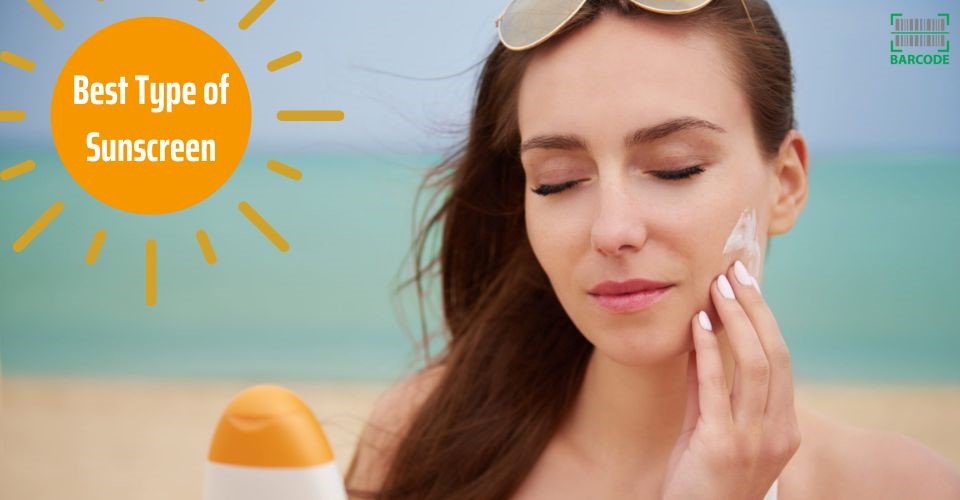
What are the best types of sunscreen?
How Does Sunscreen Work?
UV rays are blocked and absorbed by sunscreen using a combination of chemical and physical particles.
UV light from the skin is reflected using physical particles like titanium dioxide and zinc oxide.
Meanwhile, sophisticated chemical components in sunscreen interact with radiation before it can enter the skin, absorbing it and releasing the energy as heat.
To battle UVB and UVA rays, it's crucial to combine the blocking and absorption of UV radiation as skin cancer and sunburn are mostly caused by UVB radiation.
Contrarily, UVA rays are known to induce skin aging and wrinkling and have a deeper penetration into the skin.
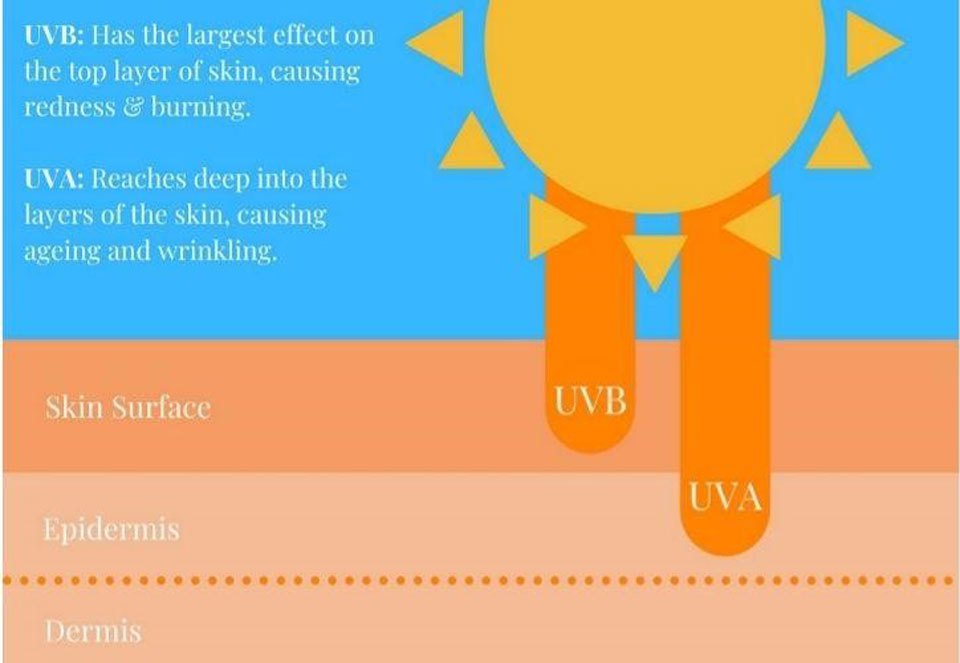
The working principle of sunscreen
Why Is Choosing The Right Sunscreen Important?
Your skin is shielded from UV and visible light thanks to sunscreen.
Without sufficient protection, exposure to light speeds up the aging process of your skin and raises your risk of developing skin cancer.
According to the Skin Cancer Foundation, frequent daily usage of SPF 15 sunscreen lowers the chance of getting squamous cell carcinoma by 40% and melanoma by 50%.
According to dermatologist Scott Paviol of Paviol Dermatology in North Carolina, "Sunscreen should be a prepared, purposeful choice—not an afterthought at the grocery store or gas station."
To avoid skin irritability, early aging, and cancer, it's important to choose the proper sunscreen for your skin type.
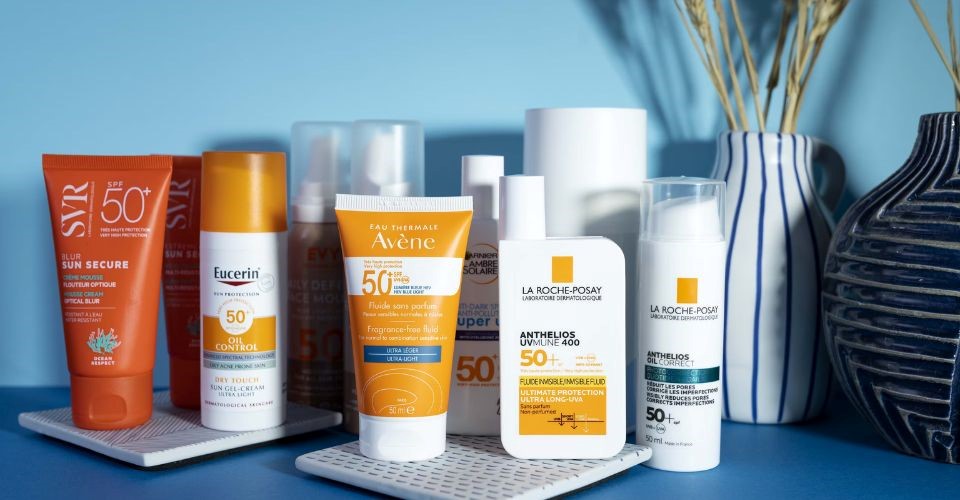
You need to pick the right sunscreen
How To Select The Best Type of Sunscreen?
Don’t know what type of sunscreen is best? Consider the elements below before deciding.
SPF
According to the Skin Cancer Foundation, SPF, or sun protection factor, measures how long it would take the sun's UV rays to cause the skin to get red compared to how long it would take without sunscreen.
When it comes to which SPF is best for sun protection, the ADA advises an SPF of 30 or above as this shields you from 97% of the sun's UV radiation.
Any SPF lower than 30 won't offer adequate protection.
Broad spectrum
The American Dermatology Association (ADA) advises choosing a broad-spectrum sunscreen since it offers UVA and UVB protection.
The harmful sunburns, black spots, and altered collagen formation resulting from exposure to these wavelengths can cause wrinkles and sagging.
Kind of sunscreen
You'll typically have to decide between 2 different types of sunscreen.
Chemical sunscreen
Chemical sunscreens, which are often created with octinoxate, avobenzone, and oxybenzone, seep into your skin and may even enter your circulation before reflecting UV radiation back.
Dermatologists advise mineral sunscreen for people who engage in outdoor activities or spend a lot of time in the sun because it is more durable and lasts longer on the skin.
Mineral sunscreen
Zinc oxide and/or titanium dioxide are the two most common natural ingredients used in mineral sunscreen, making it the safest type of sunscreen.
In order to deflect the sun's UV rays away from your skin, these sunscreens serve as a physical barrier between your skin and the sun.
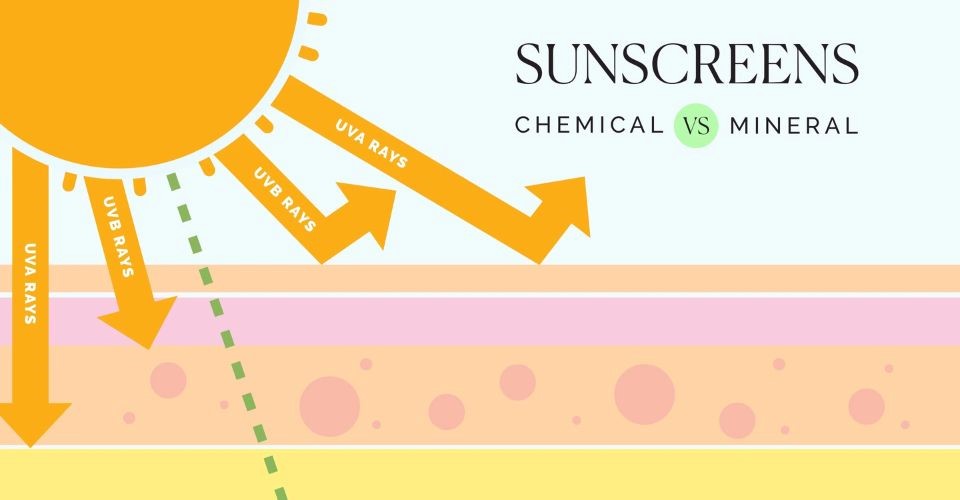
Chemical vs mineral sunscreen
3w Clinic Intensive UV Sunblock Cream is our suggestion for a good physical sunscreen.
With SPF 50+, it is among the best sunscreen for all types of skin that offers the most effective wide-spectrum protection against UVA and UVB radiation.
Skin type
The best type of sunscreen to use is the one that is suitable for your skin.
Ensure your sunscreen is branded as "non-comedogenic" if you have oily skin or acne because this indicates that it has been proven not to clog pores.
If your skin is dry, search for sunscreens containing hydrating ingredients (like ceramides or hyaluronic acid) or moisturizers with sunscreen.
Choose a physical, or mineral, sunscreen for sensitive skin, advises dermatologist Emily Smith, MD, of the University of Missouri Health Care.
According to Smith, the two components in physical sunscreen—zinc oxide and titanium dioxide—protect the skin without burning or stinging the eyes. They establish a barrier around you on top of your skin as well.
Formula type
Your personal preferences and the type of sunscreen you apply may differ based on the body part that has to be protected. Consider these options:
-
Creams: ideal for dry skin and use on the face
-
Gels: ideal for oily complexions and hairy parts, like the male chest and the scalp (see Z Block sunscreen review - a well-known sunscreen gel)
-
Sticks: ideal for areas around the eye
-
Sprays: ideal for hard-to-reach places on the body
Consistency
The face may not benefit as much from sunscreens with thicker consistencies than the body because it appears to be more sensitive and reactive to heavier, greasier formulations.
If you have an oilier skin type, thick sunscreens might not be the greatest choice; instead, a lightweight serum-like alternative would be better for you.
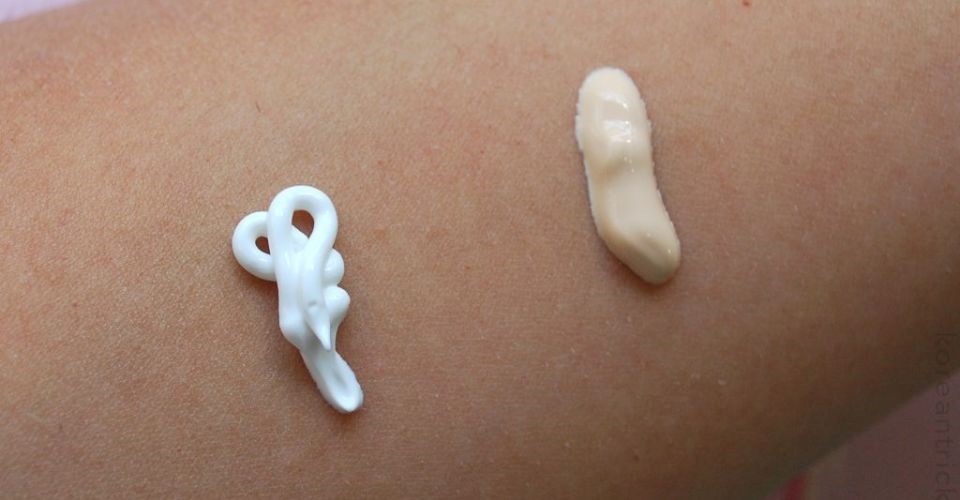
Pay attention to the sunscreen’s consistency
Water-resistant
Be aware that there is no sweatproof or waterproof sunscreen.
Only "water-resistant for 40 minutes" or "water-resistant for 80 minutes" are permitted under the most recent FDA regulations.
This shows how long the sunscreen will remain on wet skin, says Fatima Fahs, MD, a board-certified dermatologist in Michigan and the creator of Dermy Doc Box.
Even when you swim or perspire, a water-resistant sunscreen keeps providing protection.
Level of sun exposure
Your level of sun exposure includes the length of time you will be exposed to the sun, its intensity, and the activities you will be engaging in while in the sun.
Here are the sunscreen options you should select based on this factor:
-
Outdoors: Based on the color of your skin and how long you will be largely outside (two hours or more), choose a sunscreen with an SPF of 30 or higher.
-
Sports/Swimming: The best sunscreen to select if you plan to engage in outdoor or water activities is water- or sweat-resistant. Based on the tone of your skin, choose an SPF of 30 or higher and reapply after 40-60 minutes.
-
Every day: Ensure that you use sunscreen with a minimum SPF of 15 on frequent days when you will be in both the sun and the shade.
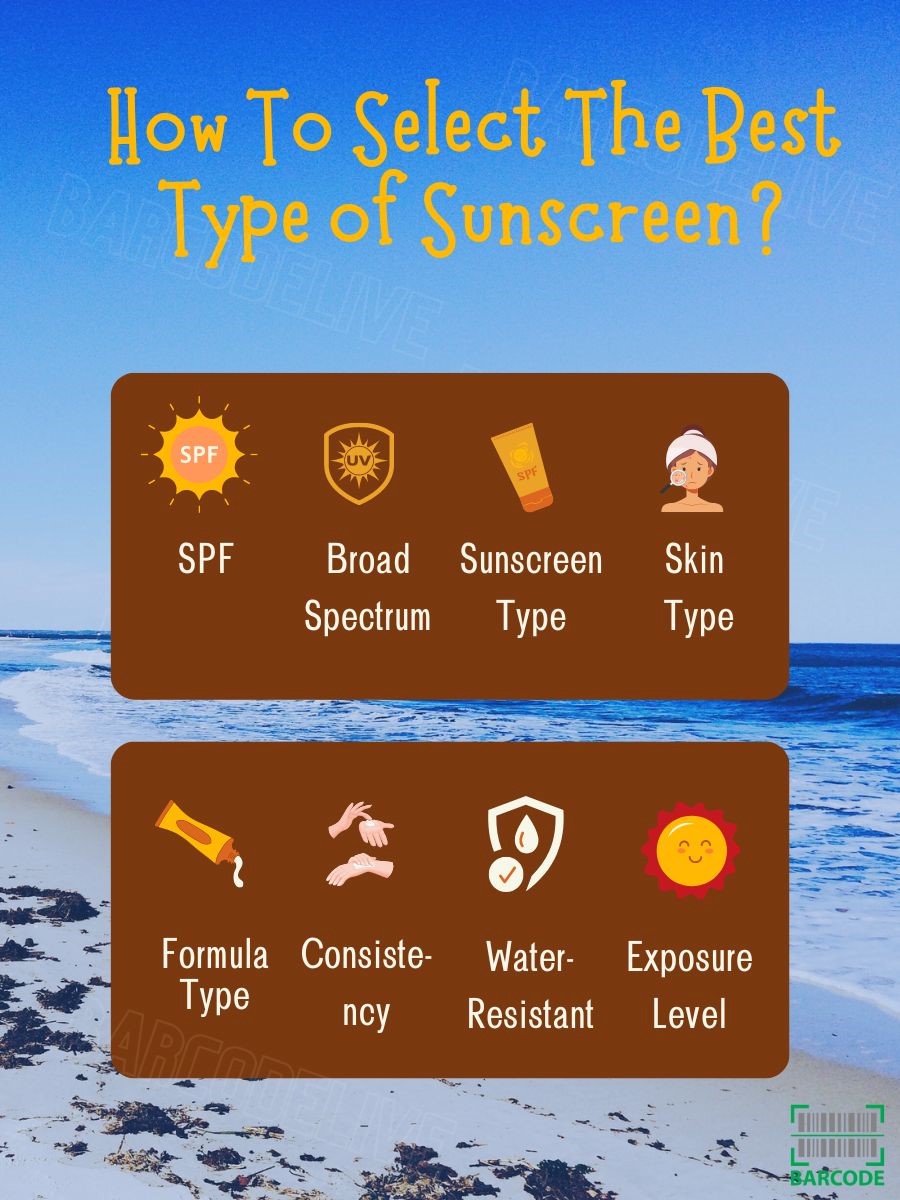
Factors to consider before buying a sunscreen
Other Tips To Protect Your Skin From The Sun
You cannot be entirely protected by sunscreen alone, that's why dermatologists advise taking additional actions to protect your skin.
-
Seek shade: When you're outside, try to avoid spending too much time directly in the sun by seeking shade.
-
Wear suitable clothing: Put on long-sleeved shirts, as well as long pants and long skirts to block the sun's rays. The best choice is densely woven clothing.
-
Wear a hat: Wear a hat that covers your neck, ears, and face with a brim that extends all the way around. Avoid straw ones with holes that allow sunlight to go through.
-
Wear sunglasses: Your eyes are shielded from UV radiation and cataract risk by sunglasses. Additionally, they cover your eyes' delicate skin from the sun.
-
Avoid tanning beds: Sunlight and tanning beds' ultraviolet rays can lead to skin cancer and wrinkles. Use a self-tanning product if you intend to look tan, but keep applying sunscreen while doing so.
-
Be careful around sand and water: These surfaces reflect the sun's harmful rays, increasing the likelihood that you may develop a sunburn.

Tips to protect your skin from sun rays
If you plan to be outside, you should apply sunscreen daily to any skin that isn't covered by clothing.
All year long, the sun emits dangerous UV radiation. Up to 80% of the sun's dangerous UV rays can get through the clouds, even on cloudy days.
Chemical sunscreens work by absorbing the sun's rays like a sponge. They comprise avobenzone, oxybenzone, homosalate, octocrylene, octisalate, and octinoxate, among other active chemicals.
Physical sunscreens, on the other hand, act as a shield, laying on top of your skin and blocking the sun's rays. They have titanium dioxide or zinc oxide as active components.
All skin not covered by clothing should be covered with enough sunscreen. To completely cover the body, most adults should use roughly 1 ounce or the volume of a shot glass.
Final Thoughts
The risk of skin cancer and the short- and long-term damage to the skin caused by the sun can be decreased by using sunscreen. Although everyone is aware of its value, it can be difficult to select the product that is best for your skin. The next time you buy one for yourself, we hope you'll use our advice to pick the best type of sunscreen.
Source:
https://www.aad.org/media/stats/prevention-and-care/sunscreen-faqs
https://www.skincancer.org/skin-cancer-prevention/sun-protection/sunscreen/
https://www.who.int/publications/i/item/9241590076
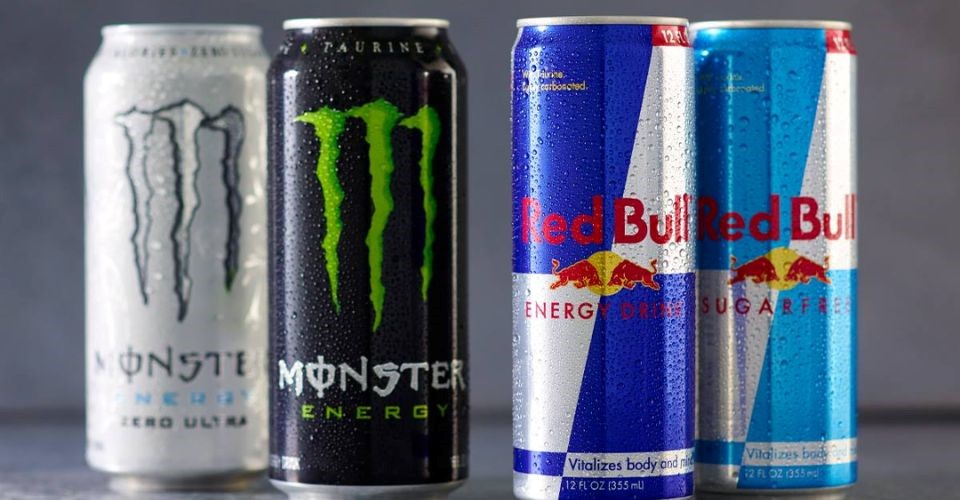

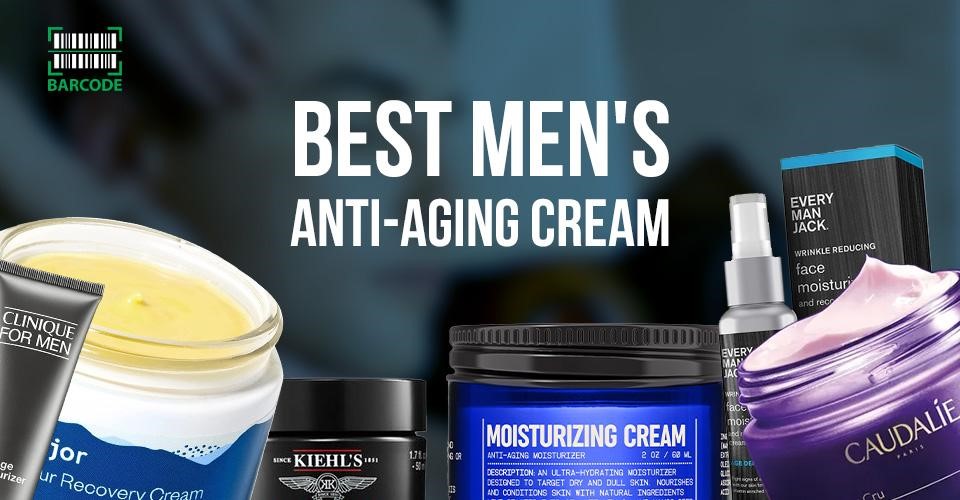
11 Comments
Sona Mistry
Does sunscreen remove pimples?
Leave a Comment
Your email address will not be published. Required fields are marked *Barcodelive
Sunscreen does not remove pimples…unfortunately, some sunscreens that are too rich may actually cause breakouts! That’s why it’s important to find a sunscreen that is wearable and fits your skin type.
Leave a Comment
Your email address will not be published. Required fields are marked *Eduardo Evans
What are the most important factors should one consider when choosing a face sunscreen for different types of complexions?
Leave a Comment
Your email address will not be published. Required fields are marked *Barcodelive
When deciding on the best face sunscreen for different types of complexions, it's important to take into account skin type and special needs.
Leave a Comment
Your email address will not be published. Required fields are marked *Nilam Munshi
Which is a good sunscreen for pitted acne face and oily T zone? I am 23 female and I am starting to apply sunscreen only now and I have a hard time to choose between plum, mama Earth and wow sunscreens.
Leave a Comment
Your email address will not be published. Required fields are marked *Barcodelive
Sticking to a mineral/physical sunscreen will not only give you excellent protection, but is also far hardier than chemical sunscreens and can actually help mop up excess oil. Zinc is also healing and can help with acne/blemishes and redness.
Leave a Comment
Your email address will not be published. Required fields are marked *Charandeep Chaudhary
Why would someone choose an SPF 30 sunscreen over an SPF 50 sunscreen?
Leave a Comment
Your email address will not be published. Required fields are marked *Barcodelive
Sunscreens with higher SPF ratings block slightly more UVB rays, but none offers 100% protection. According to Spencer, an SPF 15 product blocks about 94% of UVB rays; an SPF 30product blocks 97% of UVB rays; and an SPF 45 product blocks about 98% of rays
Leave a Comment
Your email address will not be published. Required fields are marked *Aayushman Subramanian
How do I choose sunscreen for children?
Leave a Comment
Your email address will not be published. Required fields are marked *Leila Gilbert
It is important to use one specifically made for them with an SPF of 30 or higher. The American Academy of Dermatology recommends using broad-spectrum sunscreen with UVB and UVA protection. It should be water resistant and have some form of ultraviolet light protection, such as titanium dioxide or zinc oxide.
Leave a Comment
Your email address will not be published. Required fields are marked *Barcodelive
i want to add that if your child will be swimming or sweating, look for a sunscreen that is labeled as "water-resistant" to ensure it will stay effective for a longer period of time.
Leave a Comment
Your email address will not be published. Required fields are marked *Leave a Comment
Your email address will not be published. Required fields are marked *